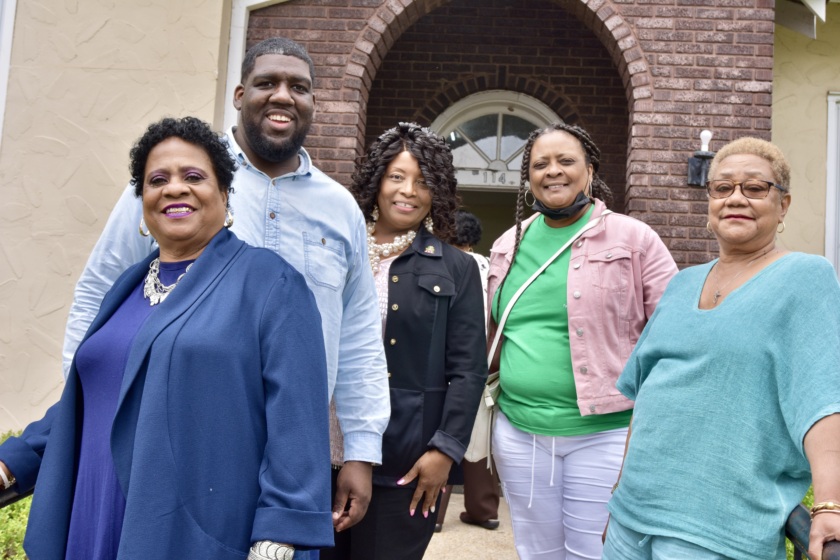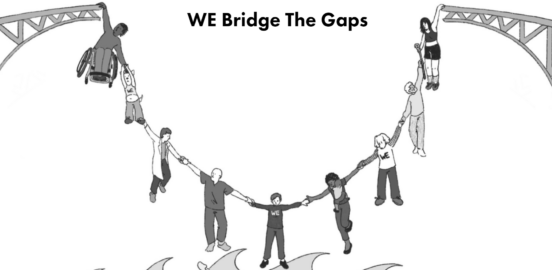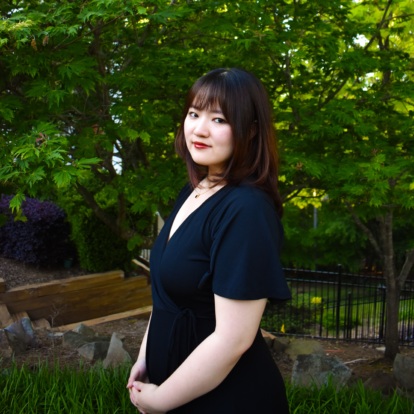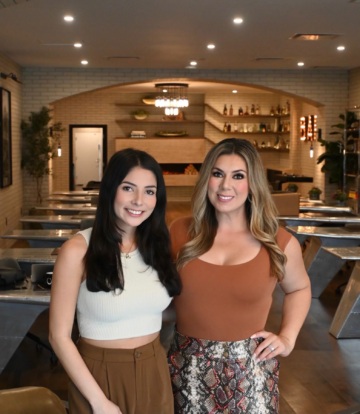Trust

We want people to understand that each of us has many stories, that our stories change and evolve with us, and that there are many ways to tell those stories.
By Christine Wilson
We’re in Ruleville,a small town in the Mississippi Delta, co-hosting a workshop on Shared Decision Making for People Facing Chronic Illness. Freddie White Johnson, our partner, has brought together a remarkable group of women and men from her community. Throughout the day, they have engaged actively with each other, talking openly about their issues in accessing health care and their ideas for improving communications with their health care providers.
Now it’s time for my session on Why Stories Matter. It includes material on what it means to tell a story, how to tell your story better, and a narrative medicine exercise in which we will read a poem together, discuss it and then write to a prompt. When we get to the part where I explain about the poem and the writing, the participants suddenly fall silent. They are listening politely, but look puzzled. What can a poem have to do with talking to your doctor, or making hard decisions about your health care?
The poem is called “Choices” by Tess Gallagher. I ask for a volunteer to read it, and then another to read it a second time. The readings are both excellent, and different. We talk about the poem, what it says about making decisions when there is no clear right answer. I ask them to write for five minutes about a time they had to make a hard choice. Then, if anyone is willing to share what they wrote. At first, no one comes forward, just more silence. But after a long minute or two, a man, who has been quiet all day, stands up. In a soft voice, he reads his piece about grief and the impact it has had on his choices in life. Another shares his experience of retiring from the Navy, having multiple opportunities for jobs and security, and deciding he had to return to the Delta to work with his people. A woman offers to read what she has written about having to decide whether to have a full mastectomy and reconstruction when she was diagnosed with cancer.
The purpose is not to convert the group into poetry lovers, although that wouldn’t be a bad outcome. Rather the goal is to help people appreciate that their stories are truly unique and powerful. We want people to understand that each of us has many stories, that our stories change and evolve with us, and that there are many ways to tell those stories. Poems are particularly effective pathways to opening these doors, but other types of texts, photos, paintings and music can work as well.
Why is telling your story important? We all advocate for patient-centered care and for shared decision making, somewhat jargony terms that often mean more to providers than patients and caregivers. For patients facing serious or chronic illness, the ability to make shared decisions depends on their ability to communicate what is important to them at every step of the treatment and care process. In other words, to tell their stories, to express their experience and their meaning in ways that guide decision making.
The importance of storytelling goes beyond that, of course. Telling our stories connects us to other individuals and communities who share some parts of our experience. Storytelling is critical to effective advocacy. By definition, stories are shared, given and received. They teach us to listen, open the doors to genuine empathy and help heal us mentally and physically.
When we do workshops like the one in Ruleville Mississippi, it’s essential to talk about the issues–access to care, inequities in the system, what patients should know and expect in communicating with their health care providers. But we also make sure that we include the stuff about telling your story as well, and give participants the opportunity to share their stories and their experiences, to hear and listen to their voices.
Choices
Tess Gallagher
I go to the mountainside
of the house to cut saplings,
And a clear view to snow
on the mountain. But when I look up
saw in hand, I see a nest clutched in
the uppermost branches.
I don’t cut that one.
I don’t cut the others either.
Suddenly in every tree,
an unseen nest
where a mountain
would be.
Trust
Caregiving, Health Literacy, Needs Navigation, Trust
Needs Navigation, Storytelling
Caregiving, Storytelling, Trust



